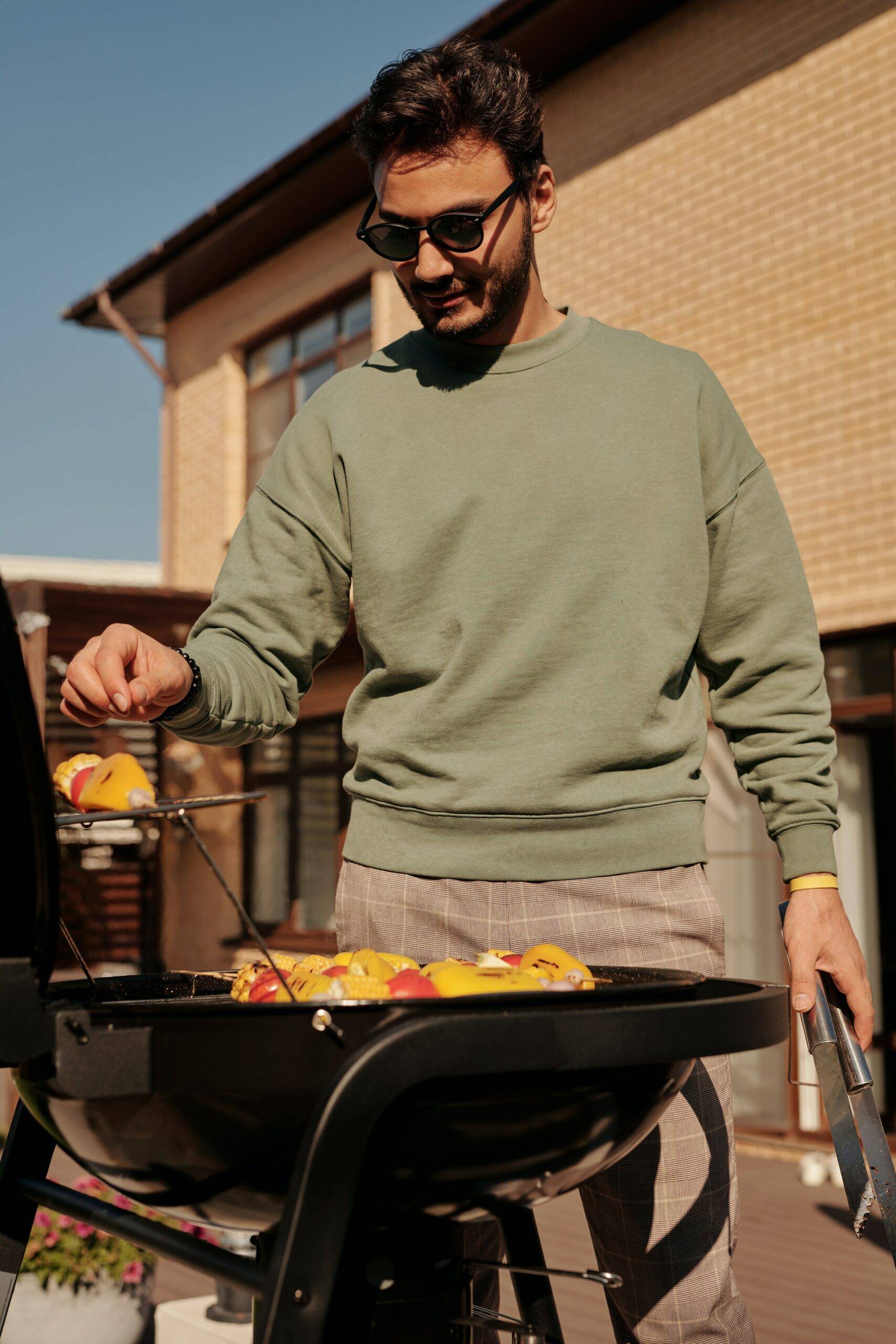Navigating the 4th of July Alcohol Free
Ah, 4th of July– a day filled with the smell of burgers on the grill, the sound of pool water splashing from cannonball competitions and wave pools–and of course, an abundance of booze.
What was once an inviting and exciting gathering for many, may now present a host of issues for sobriety, health and balanced-living. But, there’s got to be something in between staying home to stay sober or going on a bender, right? Right?…
There is. Let’s talk about how to navigate 4th of July alcohol-free (or just health-conscious, whatever you’re into)
Is it me or does everyone seem
really, really drunk on 4th of july?
Actually, yes, 4th of July is one of the most intoxicated days of the year. There are some obvious reasons that this may be, and some not-so-obvious. It’s important to know why we may be more vulnerable to binge-drinking on holidays, and, more specifically on the 4th of July.

1. School's Out, Parents are STRESSED
4th of July usually falls around 2-3 weeks post-last day of school in New Jersey. Parents are likely at their peak threshold of stress and are still acclimating to the day-to-day routine of their kids being home.
2. It's an all-day event
Unlike other holidays, like NYE, 4th of July starts early in the afternoon for BBQ-ing and festivities and continues well into the night for fireworks. This gives a lot of opportunity for people to drink heavily from day to night.
3. Sense of Belonging
Though explanatory, the social pressures and “fitting in” don’t end in high school. Being comfortable in social settings isn’t easy, so joining in a shared activity, say, beer pong, can ease the social anxiety and make us feel more relaxed.
4. It's hot as hell outside
Guess what doesn’t mix well with dehydration?
Booze.
People become drunker faster when they are sweating more, but the effects of alcohol may not feel as intense as quickly.
5. Family, Friends & Everyone In Between
Cook-outs and BBQ’s tend to be a more communal event, unlike holidays such as Christmas, where typically family and close loved ones are together. This may increase the social pressures of interacting with new people, being more outgoing, and making first impressions.
6. Independence Day Holds Different Meanings
We can’t ignore or undermine the existence and impact of racial disparities and injustices just because it’s a holiday. Celebrations around more *political* holidays can warrant increased stress, anxiety and even cognitive dissonance for many.
Sober, Sober-Ish, Sober Curious?
If you’re looking to get sober, stay sober, or just keep a healthy balance this summer, the next few tips can be helpful in acheiving your goals.
Disclaimer: If you are struggling with substance misuse and feel the want, or need, to get support, reach out for help from a licensed therapist.
CLICK HERE TO JUMP AHEAD to the Sobriety Support Section for resources, links, and more.
Option 1: Totally Alcohol Free
Sticking to an alcohol-free holiday can be a major challenge with so much readily available booze around. Here are our go-to strategies for a sober holiday:
- Sober Buddy-System: Bring a friend to talk to and maybe even stay accountable too is a powerful tool when facing the pressure of alcohol
- Come with your favorite, non-alcoholic drink. This helps reduce the drink offers and inquiries.
- Get involved with backyard games to foster a sense of belonging.
- Always know when you’re ready to go home, and respect your limits. Maybe during your drinking days you were the last-man-standing but embrace your new boundaries and know when it’s time to wrap up.
- Have an exit plan for the times when maybe you stay past your comfort level and just.want.to.get.out. Having a good excuse is great. But you can also give the ‘ole Irish goodbye if it means staying sober.
- Give yourself a break– you’re doing the best you can. Take these experiences as learning opportunities.
Progress, not perfection.
Option 2: Healthy Moderation

And no, the tally doesn’t carry over, so you can’t ‘save’ your daily drinks for two weeks to go on a bender for a day and call it moderation. SMART recovery uses a ‘harm reduction’ approach to substance use, including alcohol. For many, substance use is an all-or-nothing bet. But for some, moderate drinking is a real possibility.
- Practice saying “no”. As silly as that may sound, giving into peer pressure is even sillier.
- Know your triggers for binge drinking & avoid them (people, places and things)
- Know your limits well before you begin drinking. Once you start drinking, your judgment is impaired. Women usually lose their “off switch” after ~2-4 drinks, while men usually lose their “off switch” after ~3-5 drinks.
- Use a alcohol monitoring app (yes, we’ve graduated from tally-marks on our forearms to a sophisticated means of moderation)
- Alternate alcoholic and non-alcoholic drinks (and pick good, yummy non-alcoholic drinks)
- Practice a healthy lifestyle everyday so that the temptation to ditch the healthy lifestyle may seem more consequential and detrimental to your hard work
- List the reasons you want to drink moderately on your phone as a reminder and motivator to stick to the plan.
- Avoid drinking with heavy drinkers.
- Find friends or accountability partners who also drink in moderation.
- Eat before drinking or while drinking.

Sobriety Support
Navigating the 4th of july alcohol-free is possible
If you are looking for support or guidance, and want to speak to a therapist today, send us a text, email or give us a call. We’re here to help!
